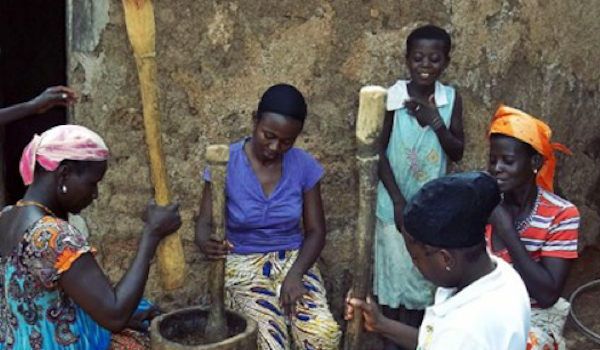
by Sarah D Rominski, Jody R Lori, Emmanuel SK Morhe
Journal of Family Planning and Reproductive Health Care, 22 March 2017,
DOI: http://dx.doi.org/10.1136/jfprhc-2016-101502
Abstract
Background Even given the liberal abortion law in Ghana, abortion complications are a large contributor to maternal morbidity and mortality. This study sought to understand why young women seeking an abortion in a legally enabling environment chose to do this outside the formal healthcare system.
Methods Women being treated for complications arising from a self-induced abortion as well as for elective abortions at three hospitals in Ghana were interviewed. Community-based focus groups were held with women as well as men, separately. Interviews and focus group discussions were conducted until saturation was reached.
Results A total of 18 women seeking care for complications from a self-induced abortion and 11 seeking care for an elective abortion interviewed. The women ranged in age from 13 to 35 years. There were eight focus groups; two with men and six with women. The reasons women self-induce are: (1) abortion is illegal; (2) attitudes of the healthcare workers; (3) keeping the pregnancy a secret; and (4) social network influence. The meta-theme of normalisation of self-inducing an abortion was identified.
Discussion When women are faced with an unplanned and unwanted pregnancy, they consult individuals in their social network whom they know have dealt with a similar situation. Misoprostol is widely available in Ghanaian cities and is successful at inducing an abortion for many women. In this way, self-inducing abortions using medication procured from pharmacists and chemical sellers has become normalised for women in Kumasi, Ghana.



